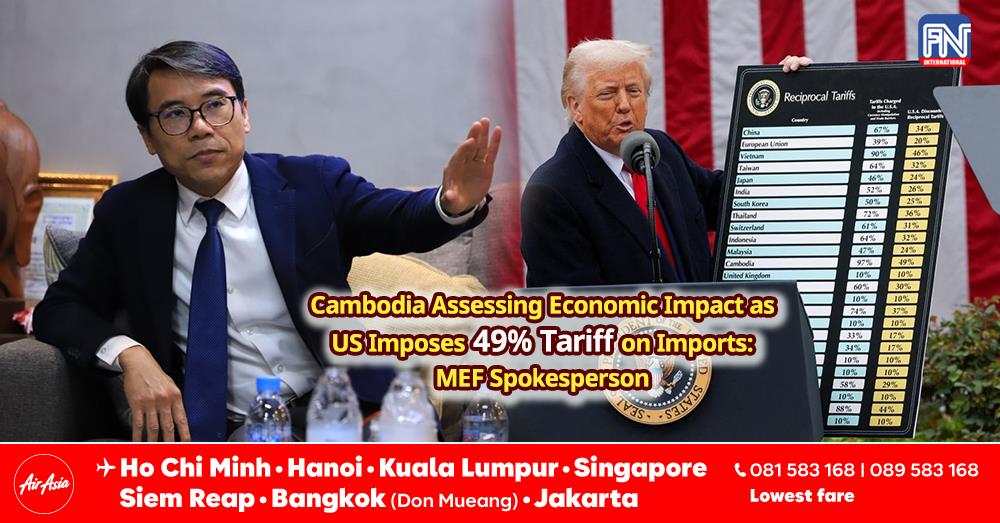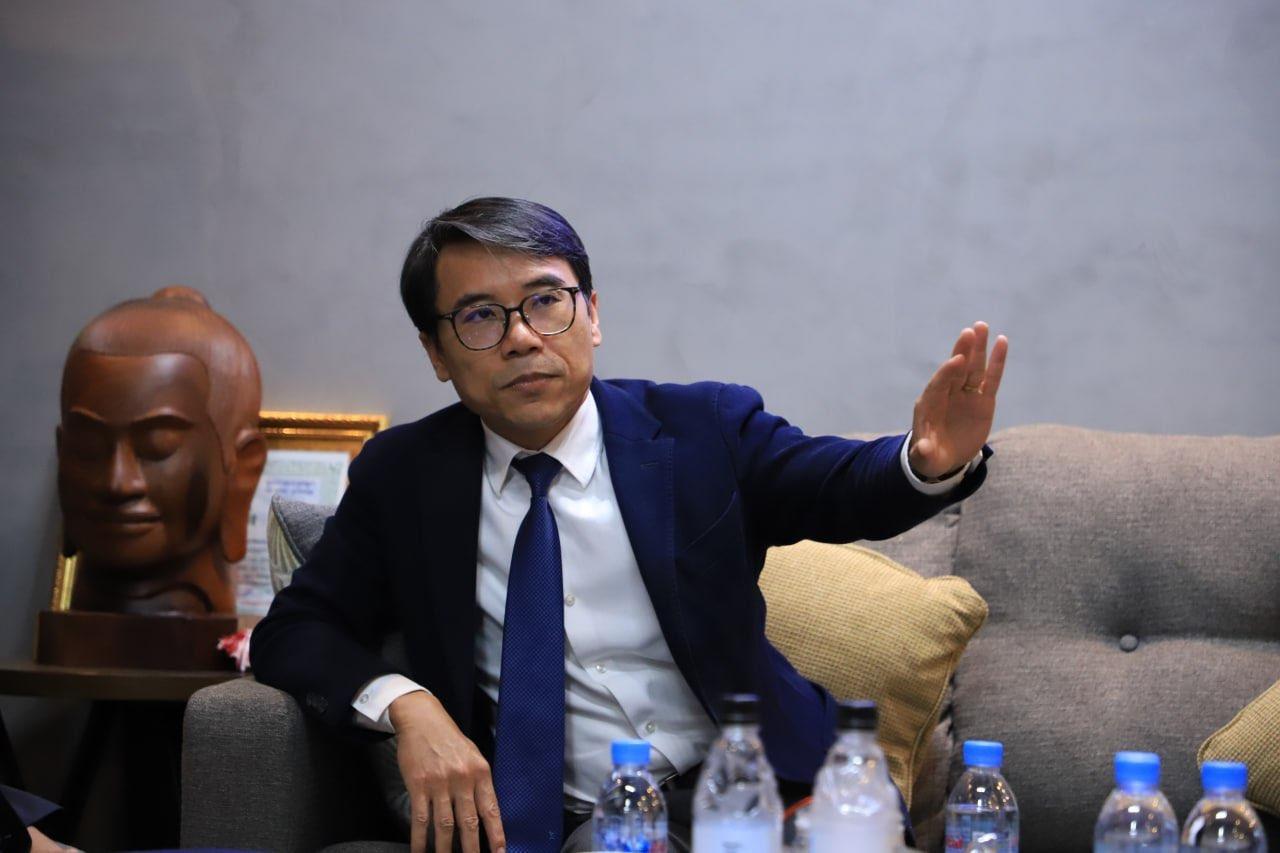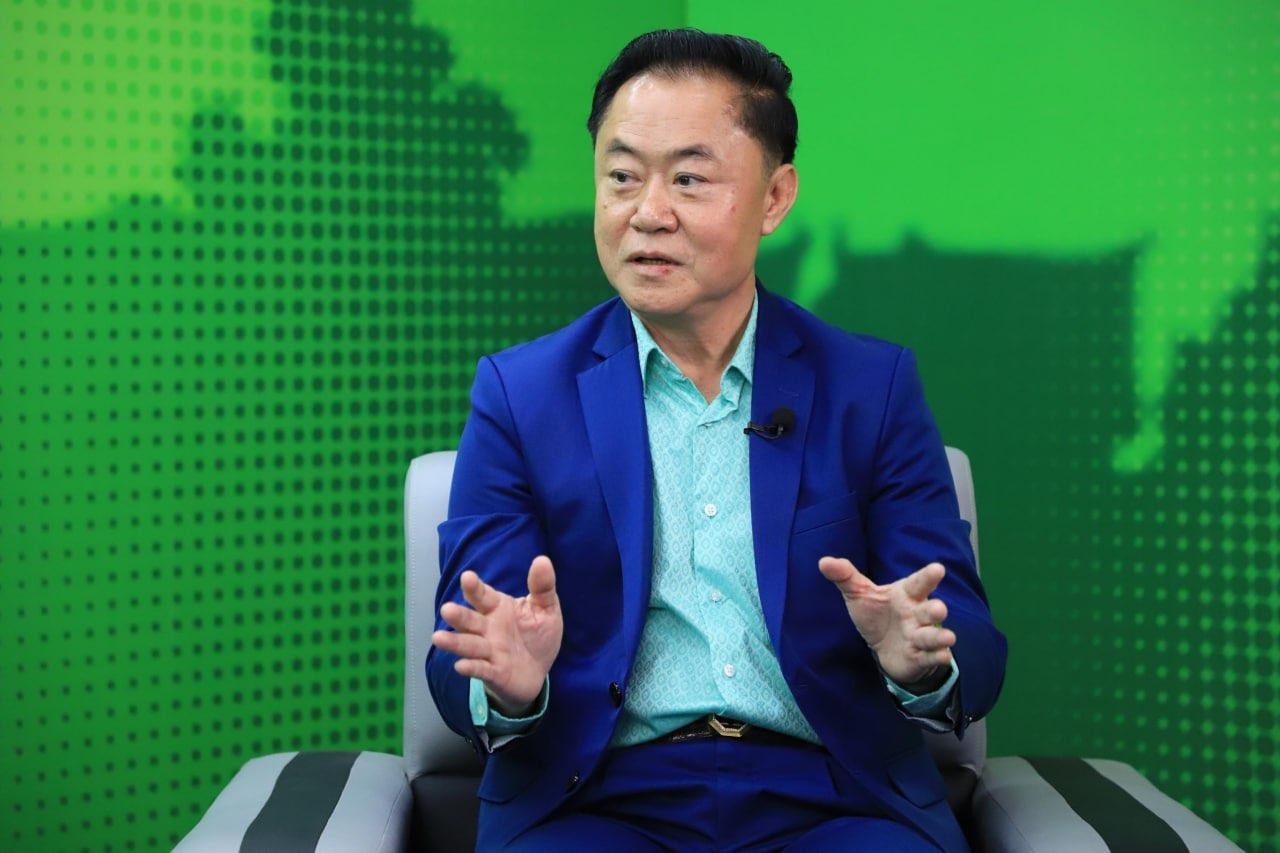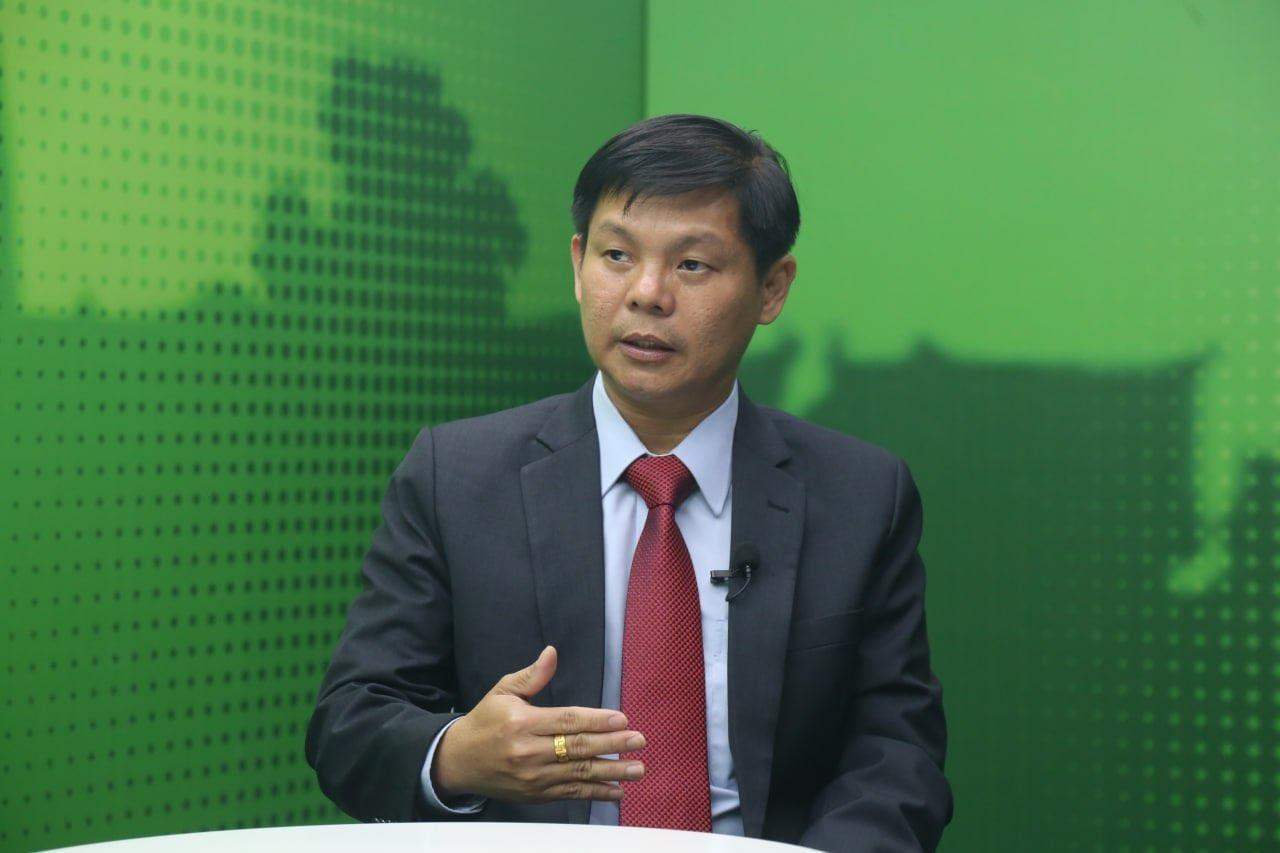Phnom Penh (FN), Apr. 3 – After US President Donald Trump announced an increase in tariffs on Cambodian imports by up to 49 per cent, Spokesperson for the Ministry of Economy and Finance Meas Soksensan said that the ministry’s working group is conducting a thorough assessment of the new tariff rate to devise solutions that will keep Cambodia’s economy competitive.
On April 2, Donald Trump decided to impose ‘reciprocal’ tariffs on goods imported from Cambodia at approximately 49 per cent. The new tariff rate will take effect on 9 April 2025.
Regarding this case, Meas Soksensan told Fresh News on Thursday (Apr. 3), “The working group is examining the consequences of this increase. We will then implement specific and comprehensive measures to ensure our economy remains competitive, fostering continued growth and job creation for our people.”
Ky Sereyvath, an economist at the Royal Academy of Cambodia, explained to Fresh News that the tariff increase stems from the trade deficit between Cambodia and the United States. Cambodia exports over USD 9 billion worth of goods to the US, which, when divided by USD 10.5 billion, equates to 97 per cent and taking 97 per cent divided by 2, equal to 49 per cent.
Casey Barnett, President of the American Chamber of Commerce in Cambodia, wrote on Facebook earlier this morning that if Cambodia does not address this issue urgently, the 49 per cent tariff increase could severely damage the country’s economy, leading to widespread job losses, social instability, and significant capital outflow.
He added, “Cambodia imports only USD 350 million worth of goods from the US. It would cost the Cambodian government very little to allow all US goods to be imported duty-free and quickly grant licenses to US businesses like Starlink. The Cambodian government needs to act quickly and boldly.”
For Oknha Lim Heng, Vice President of the Cambodian Chamber of Commerce, said that as long as this measure has not yet come into effect, its full impact remains uncertain.
However, he said that even if the US raises tariffs, Cambodia still has other markets such as China and Canada. Additionally, the country benefits from preferential trade agreements, including the Everything But Arms (EBA) Generalised System of Preferences (GSP), as well as free trade agreements with China, South Korea, the United Arab Emirates, and the Regional Comprehensive Economic Partnership (RCEP).
=FRESH NEWS




